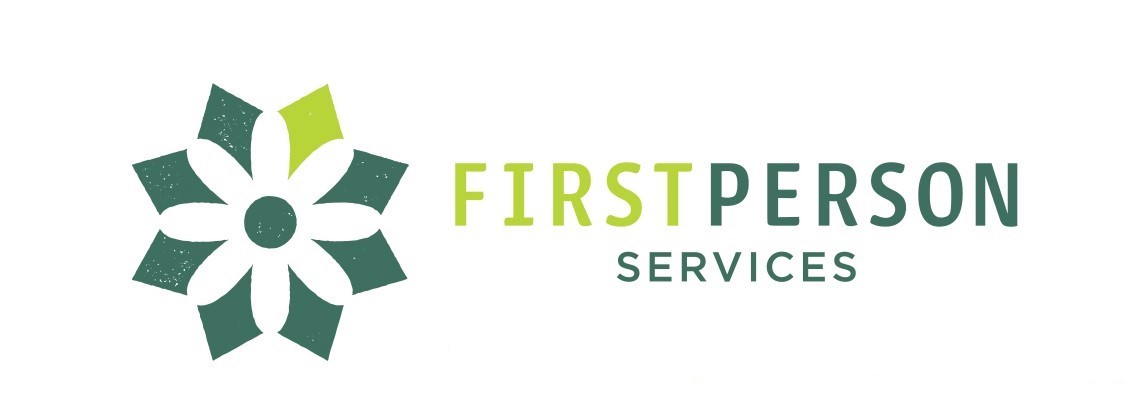Payment Reform
The Payment Reform project was launched in January 2018 and has included stakeholder involvement and feedback. The Payment Reform project is comprehensive, reviewing all the components of payment and accountability for service delivery. These components include:
- Assessment of Need: How are people’s needs assessed?
- Resource Allocation: How do assessed needs translate into funding?
- Payment Method: How does the state pay for services?
- Service Planning and Delivery: How is a service plan developed, implemented and monitored?
- Accountability: How does the state track what was paid for, what was provided to individuals and if people’s needs are met?
The Department of Disabilities, Aging and Independent Living (DAIL) initiated the project in response to the discovery of gaps in information linking payment for authorized Home and Community Based Services (HCBS) to services delivered, impacting DAIL’s ability to ensure proper oversight of the fiscal integrity of the Developmental Disabilities Services system. In order to address the identified problems, the State engaged in a payment reform project to create a transparent, accountable, and effective payment model for DDS that aligns with the Agency’s broader payment reform and health care reform goals.
Read the most recent report to the Legislature Here
Cultural and Linguistic Competence
Vermont was one of ten states selected to form a multi-stakeholder group to attend training at Georgetown University’s National Center for Cultural Competence to create a Community of Practice. The goal of the Community of Practice on Cultural and Linguistic Competence in Developmental Disabilities (CoP) is to increase the number, diversity, and capacity of formal and informal leaders to transform their state/territorial developmental disabilities (DD) systems by: (1) advancing and sustaining cultural and linguistic competence (CLC) systemically through changes in values, policy, structures, and practices; and (2) responding effectively to the growing cultural and linguistic diversity among people with DD and their families who reside in states, territories, and tribal nations.
The Team Lead is Jesse C. Suter, Executive Director for the Center on Disability and Community Inclusion at the University of Vermont
Find the list of the members of the Community of Practice here
Read more about the Georgetown University Project here
Post-Secondary Education
Vermonters with disabilities are going on to post-secondary education than ever before and our “Think College Vermont”, “College Steps” and “SUCCEED” programs are helping them get there.
Think College Vermont at UVM is an innovative, inclusive, academic, social, and vocational program for students with intellectual and developmental disabilities seeking a college experience and career path.
College Steps is a non-profit organization that partners with colleges and universities to support students with social, communication, or learning challenges (including but not limited to students with significant learning disabilities, autism, developmental, or intellectual disabilities), ages 16-26, with their college pursuits.
SUCCEED is a post-secondary education program for students with intellectual disabilities or autism. It is offered by Howard Center, an Designated Agency authorized to offer regional services through an agreement with the State of Vermont, in collaboration with area colleges. SUCCEED students participate in a college experience that prepares them for a future of success, creativity, and contribution to their community. While enrolled in the program, students receive support from SUCCEED staff and feedback from their peers, professors, employers, and organizations.
